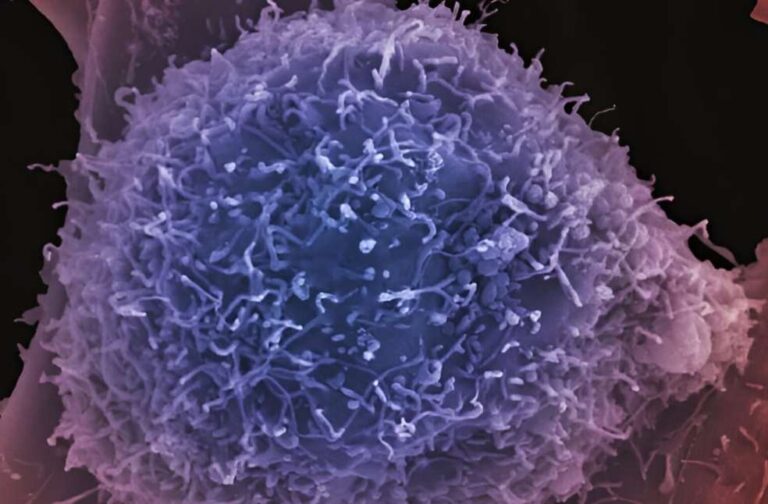Chicago: Doctors have developed an artificial intelligence test that can accurately predict which men with prostate cancer will benefit from a treatment that halves their risk of death.
The tool, unveiled at the American Society of Clinical Oncology (ASCO) conference in Chicago, could pave the way for wider use of the drug abiraterone described by experts as a gamechanger for prostate cancer, the most common cancer in men across more than 100 countries.
While abiraterone has already extended the lives of hundreds of thousands of men with advanced prostate cancer, it is not routinely offered to patients whose disease has not spread, due to concerns over side effects and cost-effectiveness. But this new AI tool could change that.

Developed by researchers from the UK, US and Switzerland, the test analyses biopsy images using artificial intelligence to pinpoint hidden tumour features invisible to the human eye. These insights allow doctors to determine which patients are likely to respond well to abiraterone, and which can be spared unnecessary treatment.
Prof. Nick James, co-lead of the study and professor of prostate and bladder cancer research at the Institute of Cancer Research, London stated that, “This is an exciting breakthrough. Abiraterone has already hugely improved outcomes for men with advanced disease. Now we can identify those with earlier-stage cancer who stand to benefit most, while avoiding over-treatment in others.”
The AI test was trialled on tumour samples from more than 1,000 men with high-risk prostate cancer that had not spread. It identified 25 percent of patients who were likely to benefit most from the drug. In this group, abiraterone halved the five-year risk of death from 17 percent to 9 percent.
For the remaining 75 percent of patients, the difference in outcomes was minimal, suggesting these men would do just as well with standard treatments such as hormone therapy and radiotherapy without the added risks and side effects of abiraterone, which include high blood pressure, liver abnormalities, and increased risk of diabetes and heart attacks.
Prof. Gert Attard, co-lead of the study from the UCL Cancer Institute remarked that, “This study shows that novel AI algorithms can extract powerful information from standard pathology slides to tailor treatments. It’s a major step towards precision medicine in prostate cancer.”

Tima Miroshnichenko@Pexels | Cropped by BH
The research was funded by Prostate Cancer UK, the Medical Research Council, and digital pathology company Artera. Currently, abiraterone is approved for use on the NHS in England only for advanced prostate cancer. It is not offered to men with newly diagnosed high-risk disease that has not spread, although patients in Scotland and Wales have had access to it for two years.
With the new evidence, Prof. James urged NHS England to reconsider its position, stating that, “The drug costs just ($103) £77 per pack, a fraction of what many new cancer drugs cost. Now that we can identify who truly needs it, the case for wider access is stronger than ever.”
Dr. Matthew Hobbs, director of research at Prostate Cancer UK, added that, “This AI test is a huge step forward. We can now pinpoint with much greater accuracy the men whose lives can be saved by abiraterone. That’s why we join researchers in urgently reaching for this treatment to be made available to those who will benefit most.”



